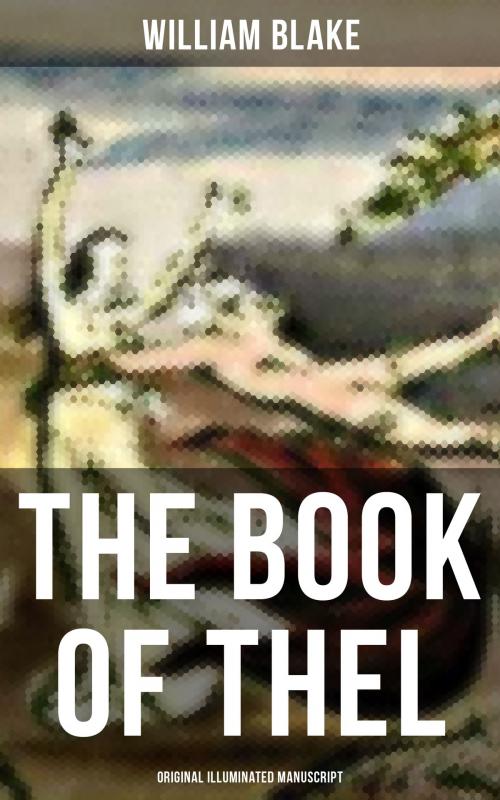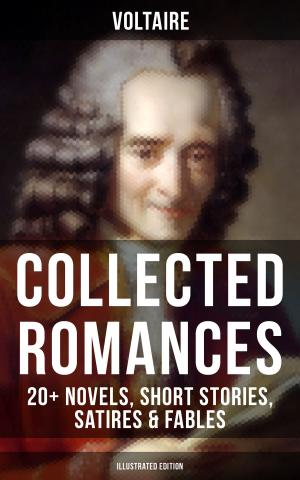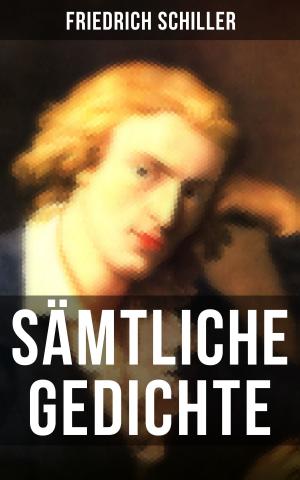THE BOOK OF THEL (Original Illuminated Manuscript)
Nonfiction, Art & Architecture, General Art, Individual Artist, Fiction & Literature, Poetry, Inspirational & Religious, Artists, Architects & Photographers| Author: | William Blake | ISBN: | 9788027231157 |
| Publisher: | Musaicum Books | Publication: | November 15, 2017 |
| Imprint: | Language: | English |
| Author: | William Blake |
| ISBN: | 9788027231157 |
| Publisher: | Musaicum Books |
| Publication: | November 15, 2017 |
| Imprint: | |
| Language: | English |
"The Book of Thel" is a poem by William Blake, dated 1789 and probably composed in the period 1788 to 1790. It is illustrated by his own plates, and is relatively short and easy to understand, compared to his later prophetic books. The metre is a fourteen-syllable line. It was preceded by Tiriel, which Blake left in manuscript. A few lines from Tiriel were incorporated into The Book of Thel. Most of the poem is in unrhymed verse. This book consists of eight plates executed in illuminated printing. Sixteen copies of the original print of 1789-1793 are known. Three copies bearing a watermark of 1815 are more elaborately colored than the others. William Blake (1757 – 1827) was a British poet, painter, visionary mystic, and engraver, who illustrated and printed his own books. Blake proclaimed the supremacy of the imagination over the rationalism and materialism of the 18th-century. Largely unrecognised during his lifetime, Blake is now considered a seminal figure in the history of both the poetry and visual arts of the Romantic Age.
"The Book of Thel" is a poem by William Blake, dated 1789 and probably composed in the period 1788 to 1790. It is illustrated by his own plates, and is relatively short and easy to understand, compared to his later prophetic books. The metre is a fourteen-syllable line. It was preceded by Tiriel, which Blake left in manuscript. A few lines from Tiriel were incorporated into The Book of Thel. Most of the poem is in unrhymed verse. This book consists of eight plates executed in illuminated printing. Sixteen copies of the original print of 1789-1793 are known. Three copies bearing a watermark of 1815 are more elaborately colored than the others. William Blake (1757 – 1827) was a British poet, painter, visionary mystic, and engraver, who illustrated and printed his own books. Blake proclaimed the supremacy of the imagination over the rationalism and materialism of the 18th-century. Largely unrecognised during his lifetime, Blake is now considered a seminal figure in the history of both the poetry and visual arts of the Romantic Age.















